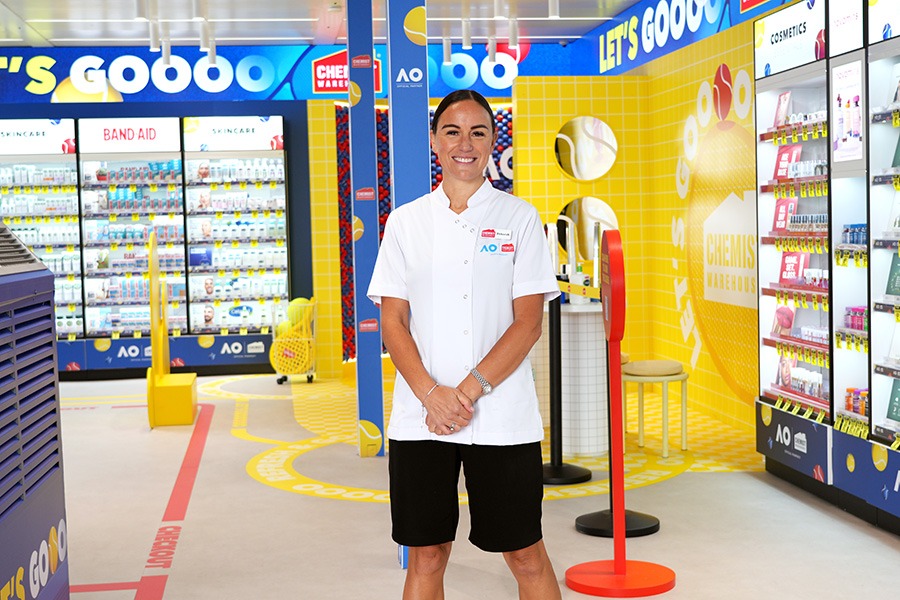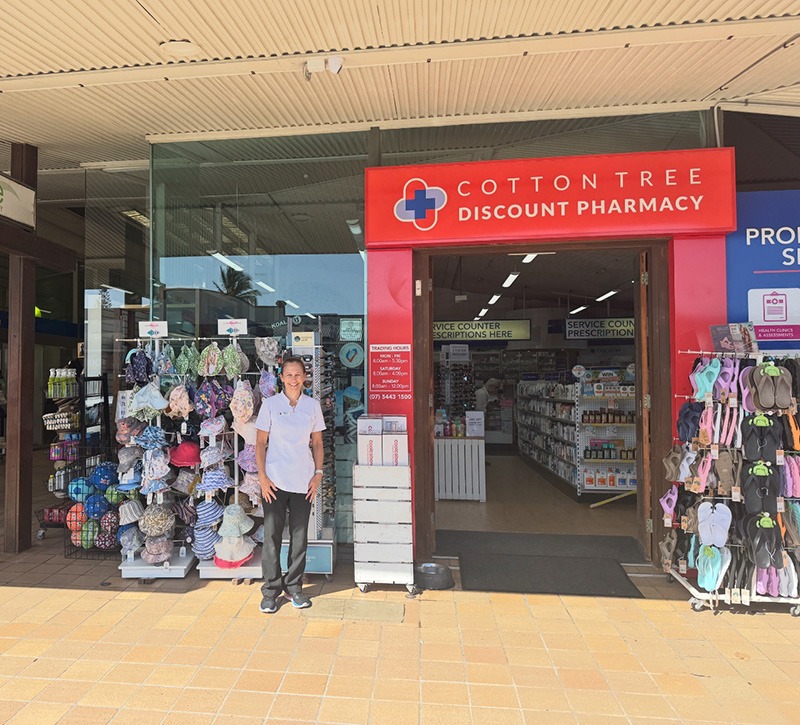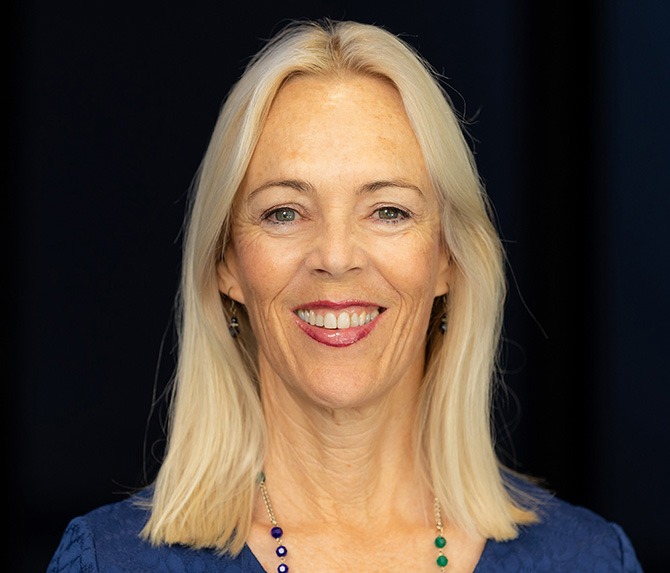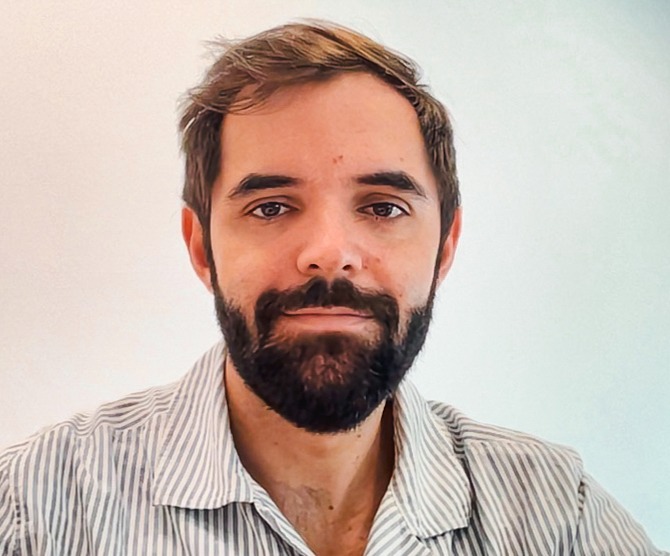Mark Chantachak MPS has worked as a locum in many places in Australia. And
he’s learned a thing or two along the way.
What set you towards becoming a regular locum?
Over a decade ago, when there was an oversupply of pharmacists in Australia, I ended up working in a few casual roles.
Then an old friend referred me to a locum agency back in 2012. After enlisting with them, I suddenly started getting a lot of phone calls for jobs – from one-day postings to longer-term offerings for weeks or months at a time, and even permanent part-time roles. From there, the opportunities only grew.
Now I’ve enlisted with three to four agencies, and I also gain work through social media platforms. One of the best things about locuming is the flexibility.
You can dictate your own working schedule, choose when and where you work, and take a vacation whenever you feel like it. You can also kill two birds with one stone: working and travelling. I like to think of it as a working vacation. And on countryside locum stints, there’s no need to battle heavy traffic to get to work. You can even walk if you want to.
Where in Australia have you worked as a locum?
You wouldn’t believe the list of the places I’ve been to: Corowa, Parkes, West Wyalong, Orange, Boggabri and Dareton in New South Wales; Heyfield, Donald, Nhill, Horsham, Rainbow, Jeparit, Bendigo, Warragul, Drouin, Morwell, Swan Hill, Bairnsdale, Ballarat, Lakes Entrance, Sale, Moe and Seymour in Victoria; Cairns and Atherton in Queensland; and Broome in Western Australia – to name just a few!
Every destination offers its own perks. As tourist towns, Broome, Cairns and Atherton have a lot of activities to offer. In these spots, you also get to meet the international workers during social activities, such as language, Latin dancing and poker nights. I liked Broome for its friendly staff who educated me on the making of TikTok videos. Another highlight was the camel riding. But my most rewarding stay would have to be in Heyfield, where I experienced both personal and professional growth. My social skills vastly improved through meeting so many people at football, tennis, touch football, and basketball games.
During my time there, I also had the pleasure of participating in the World’s Greatest Shave, where I coloured and shaved my head, with the whole town rallying to raise funds for cancer research. I had a friend who survived leukaemia.
What are the ideal ingredients for a successful locum posting?
Keeping up with continuing professional development and education is important for staying current with practice. Personality is also important. In my opinion, you have to be a people person to be a good locum, because, as your workplace is always changing, you need to continually get on well with new staff and patients.
You also have to love road trips. Some drives to locum stints can be quite long, so you have to love travelling to new, different towns – sometimes in the middle of nowhere.
Flexibility is also key; you need to be able to adapt to new procedures quickly. Different teams work in different ways, so you have to be able to adjust to how they work. And then there’s the need for speed. You have to pick things up quickly and complete tasks at a rapid pace.
Confidence, empathy and the ability to identify conflicts early – so you can iron out any issue between staff – will also set you on the right path.
Where would you like to be in 5 years?
Continuing to work and travel around Australia, but exclusively in rural and regional areas. There’s a lot of countryside I still want to explore.
I could honestly see myself carrying on this working lifestyle into my retirement years. And perhaps one day, when I have a family, I’ll have them in tow on my locum adventures.
Any advice for ECPs?
Attend all the conferences and seminars you can. As well as continuing your professional development, they are also great for networking with fellow pharmacists, interns and students – which opens up both friendship and job opportunities.
I also encourage involvement in community activities during placements. Explore all the locational possibilities, and weigh up the pros and cons of each destination.




 Deborah Williams at the Chemist Warehouse Australian Open pop-up pharmacy[/caption]
Deborah Williams at the Chemist Warehouse Australian Open pop-up pharmacy[/caption]


 Rebecca Davies[/caption]
Rebecca Davies[/caption]

 Professor Clare Collins[/caption]
Professor Clare Collins[/caption]
 Associate Professor Trevor Steward[/caption]
Associate Professor Trevor Steward[/caption]





